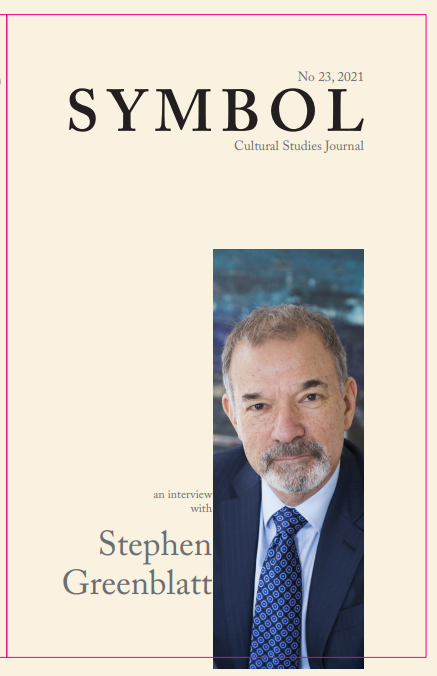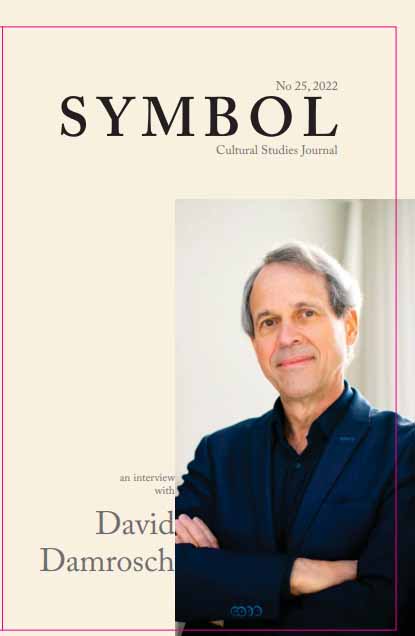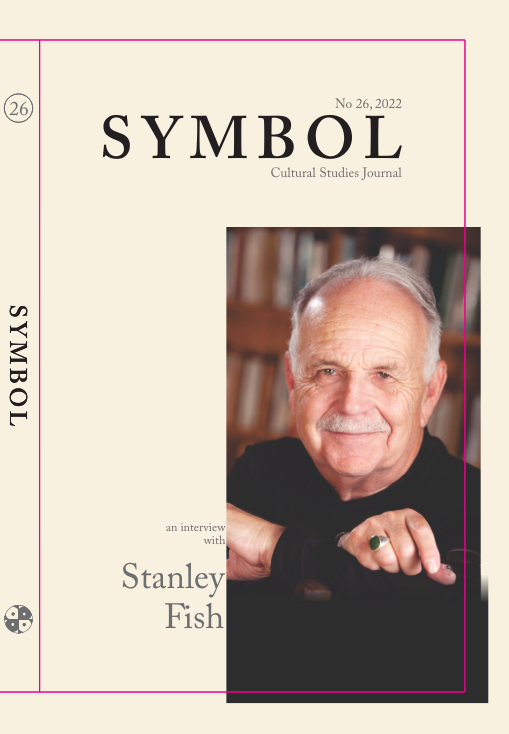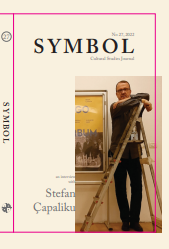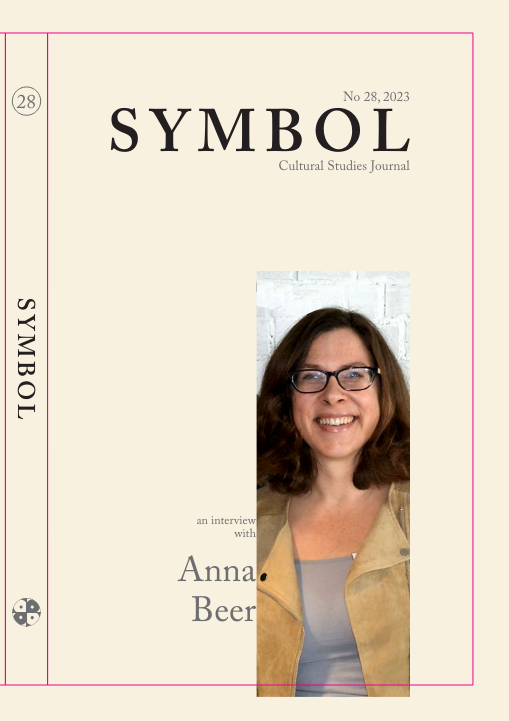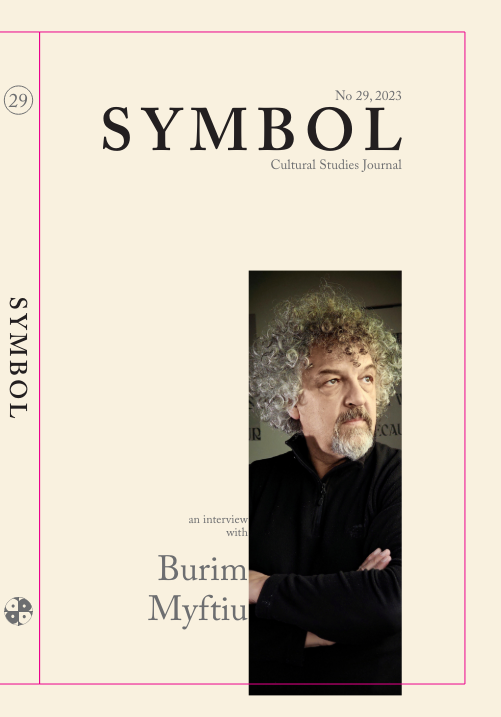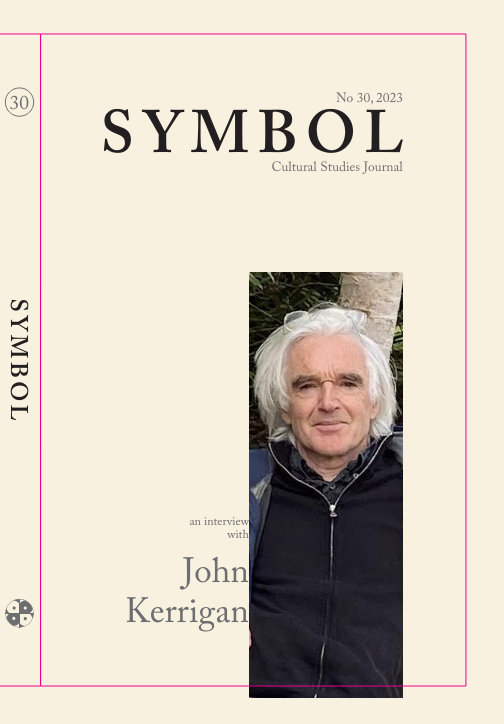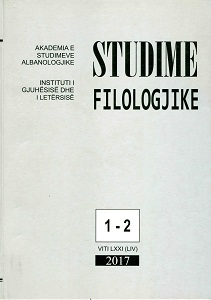Author(s): Arben Prendi / Language(s): English
Issue: 27/2022
This article treats the constant features of Romanesque: parody, grotesque, irony, tragicomic, and “magic realism”; narrative games between the author, narrator, and reader; caricaturing the phenomena of Albanian transition; endangered humanism by evil in a society immersed in a value crisis. Zija Çela (1946) became known as a storyteller and novelist. Author of several collections of short stories and novellas, he consolidates his individuality in long prose with novels The Blood of the Swallow, Half of Gioconda, Coin of Love, Shadow’s Banquet, Moon’s Agony, Las Varrezas, SOS, a smile, World’s Mouth, Apocalypse Based On St. Tirana, etc. From the group of writers who come from the experience of literature before 1990, Çela, along with other novelists such as Kadare, Kongoli, and Koreshi, overcame not only the crisis of the novel but also marked the most qualitative achievements of the contemporary Albanian novel. Thanks to the creative experience and artistic talent, the period from 1990 onwards result for these authors as a fruitful period not only in terms of quantity but also esthetically. Moreover, as evidence of the creative experience in which these novelists walk through are features and characteristics of realistic, modern, to postmodern poetics that are present in their work of this period. As noted from the literary criticism of those years, Kadare, Kongoli, Çela, Koreshi, etc., walk without complexes to testify new techniques and procedures. The object of analysis and interpretation are Moon’s Agony (2002), and Las Varrezas (2005), seeing them as a particular period of creativity but also as works where the constant features of the novel are clearly outlined.
More...
